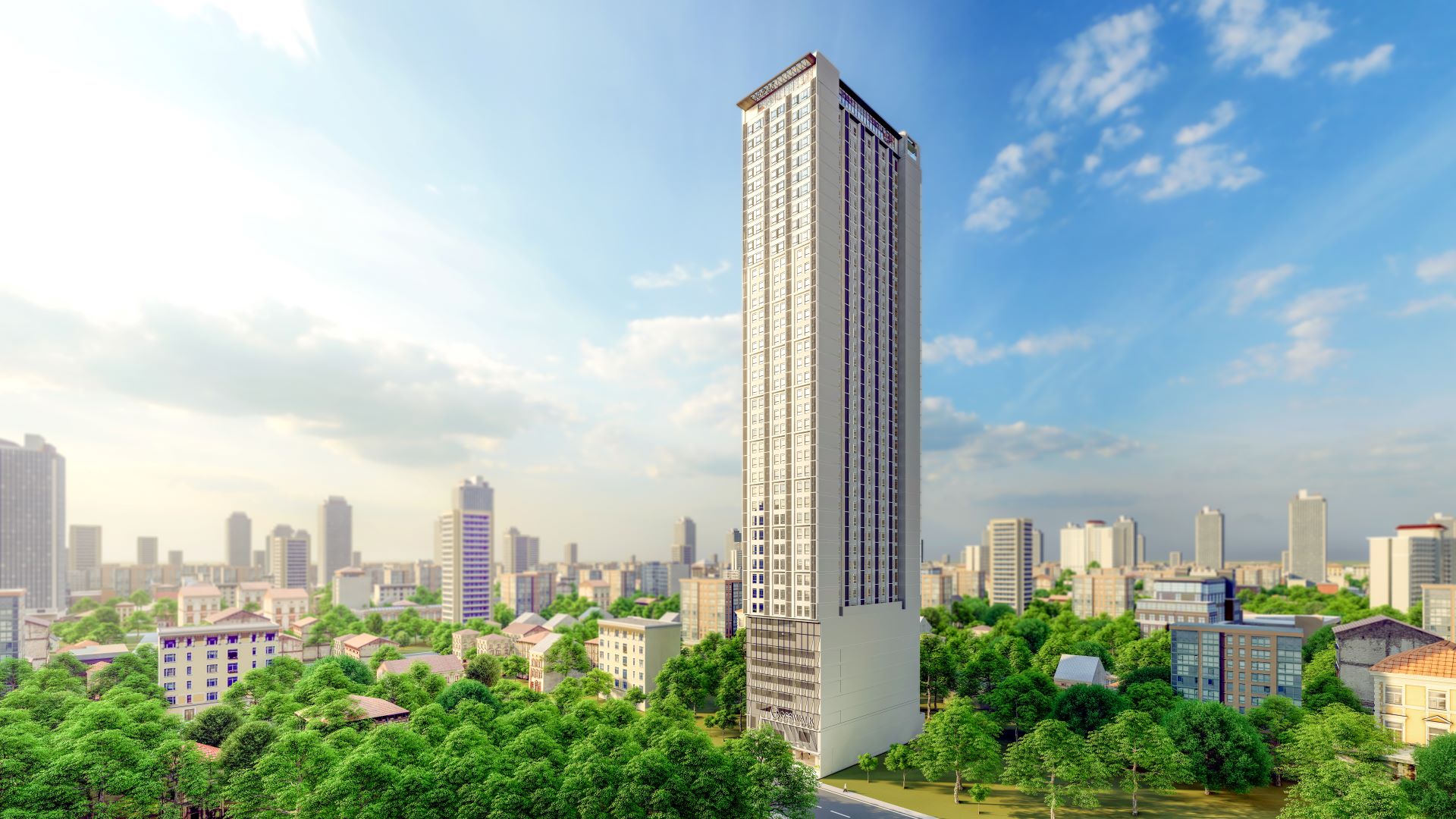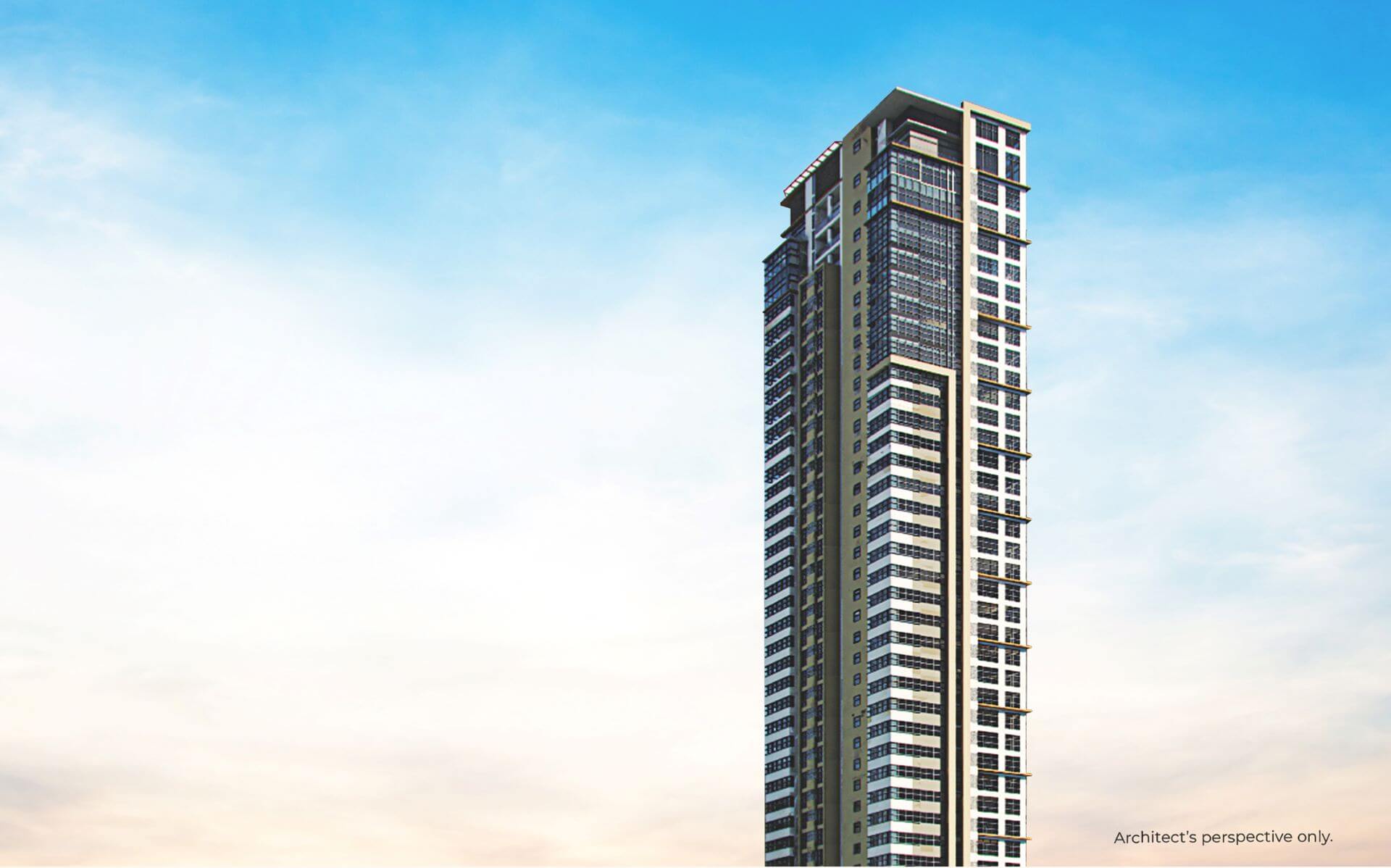Everyone's dream is to own a piece of real estate someday, especially in the Philippines, where the real estate market is booming. When you've saved enough money, it's time to start looking for your ideal home, like a condo. But there's a lot more to it than just buying it and settling in. In order to be a responsible property owner, you must be familiar with real estate rules and regulations as well as the appropriate legal papers that can inform you of your rights and obligations in the case of an unfortunate incident.
Guide to Real Estate Laws in the Philippines
Appropriate Rental Price
No one wants to rent a condo home that is expensive. Renting may be a more viable option than owning, especially to those in areas with the fastest-growing house prices. You want to get the most out of your money. This legislation is known as the "Rental Change Act of 2002," or RA 9161, and it aims to reform the regulation of rents of certain residential units. The statute controls rental costs to prevent over-pricing between the tenant and the property owner.
The approved "Rent Control Act of 2005," which was revised in 2005, now includes properties in the NCR and urbanized cities with rent prices not surpassing P10,000 per month, as well as all residential units in other places with rent prices not exceeding P5,000.
For any rental unit that is occupied by the same individual or group of persons, only a 10% yearly increase is permitted. Once the property is vacated and the next lessee is ready to move in, the lessor or owner can set a new rental price.
Condo Sales Regulations and Violation Penalties
Presidential Decree No. 957 (P.D. 957), also known as "The Subdivision and Condominium Buyers' Protective Decree," intends to help buyers understand their real estate rights in the Philippines, particularly if the sellers and land developers appear to be participating in fraudulent activities.
This is especially critical since most sellers would go to any length to sell their condos and properties using misleading ads claiming "no down payment." When marketing their units, developers should only give true data in their advertising materials. "No down payment" simply indicates that there is no need to pay a lump amount of money for the unit because the down payment is spread out over the permitted terms provided by the condo developers.
You have the right to make a complaint if your developer or seller cancels their registration certificate and license to sell, as long as they have a negative business image, are engaged in fraudulent transactions, and do not operate their business activities according to the law.
The delayed turnover of condominiums is a typical issue for most buyers. According to P.D. 957, clients can stop making payments after giving proper notice to the developers and obtaining Board approval, and they can even seek a refund of their whole investment, including interest.
Condo Rights
The Condominium Act, or Republic Act No. 4726 (RA 4726), which was passed on June 18, 1966, permits persons to co-own land in addition to having complete ownership of their unit. This statute also indicates the scope of their power over the unit they acquired. The rights of buyers are well-explained so that developers or sellers do not take advantage of them or mislead them about their units.
Common area regulations are included, as well as a condo owner's exclusive rights, such as refinishing or decorating his own unit, and selling or disposing of his unit unless a master deed specifies that the property must be presented and offered to other unit owners before being made available to other interested buyers.
Foreign nationals may also purchase apartments as long as they do not control the land on which they are built.
Realty Installment
The "Realty Installment Buyer Protection Act," often known as the "Maceda Law," is a law that protects real estate buyers from installment payments. Because installment payments and real estate transactions require a clear agreement between the buyer and the developer, the law specifies when installment payments must be made. The legislation further specifies that if the buyer is unable to pay the installment payments after the grace period has expired after the buyer gets the notice of cancellation, the seller has the right to cancel the contract.
Real Property Tax
As a condo unit owner, you must also be aware of the appropriate taxes that must be paid. Former President Ferdinand Marcos issued Presidential Decree No. 464, which established a real estate tax system in the Philippines.
This law lays forth exactly how real estate should be valued and assessed for tax purposes. It should only be appraised at current and fair market value, be consistent across all locations, and be assessed based on its intended purpose. Real property taxes cannot be assessed, appraised, or collected by private individuals. The assessment attempts to ensure that the tax burden on real estate holdings is distributed fairly.
Being a property owner entails more than just making a purchase; it also entails understanding the legalities involved, such as real estate laws and correct paperwork.
Contrary to the popular assumption, acquiring real estate does not just include obtaining a piece of property; rather, the entire process of land acquisition is governed by a number of real estate rules that must be followed. It's also crucial to know every tiny detail about these rules in order to avoid any legal errors. Furthermore, these regulations apply not just to prospective homeowners, but also to people who will work in the real estates industry, such as developers and proprietors.
As a condo owner or condo tenant, renter, or potential buyer, you will be well-equipped with the proper knowledge if you are aware of your rights and the rules governing the Philippine real estate market. This can assist you in achieving a serene mind and can assist you in dealing with property issues appropriately if unpleasant situations happen.
If you are thinking of moving into a new condominium, check out Vista Residences!
Vista Residences is the condominium arm of the country’s largest homebuilder, Vista Land & Lifescapes, Inc. that offers ready for occupancy and pre-selling condominium projects in Manila, Makati, Mandaluyong, Quezon City, Ortigas, Baguio, Cebu, and CDO that are strategically located within major cities, in close proximity to premium universities, transit-oriented locations, and developed business districts.
For more information on Vista Residences, email [email protected], follow @VistaResidencesOfficial on Facebook, Twitter, Instagram, and YouTube, or call the Marketing Office at 0999 886 4262 / 0917 582 5167.









